On a recent trip to the Kruta River near Cape Gracias a Dios on the Honduran Caribbean and the Nicaraguan Border, life without roads and little electricity proceeds slowly, detached from the world at large. Yet, drug trafficking is changing the economy and the culture of the Miskitu People, and due to overfishing, local people can only turn to harvesting jellyfish for China as an honest source of revenue.
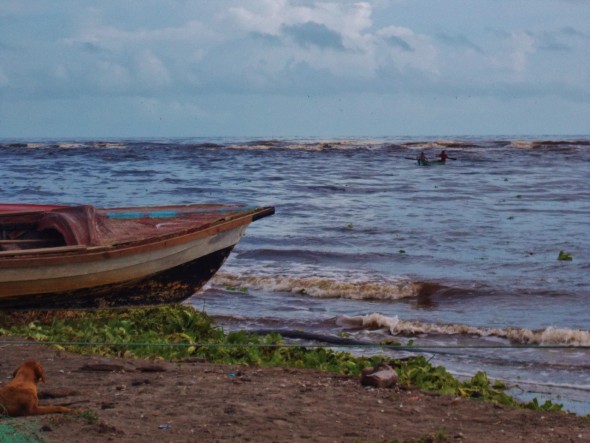

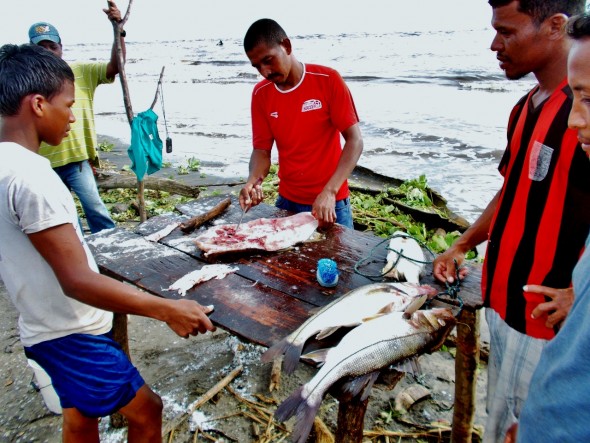

Chinese have been eating “Hai Zhe” or jellyfish for more than 1,000 years. With stocks of fish depleted, turning to harvesting the medusas, as they are called in Spanish can be lucrative. Sadly, the fishermen here claim they have delivered the jellyfish to their Chinese buyers, but have not been paid by the local intermediaries. Corruption is rife in Honduras, and the struggle to get paid for honest work remains a difficult issue with the Miskitu.
Unfortunately, drug trafficking is the only other viable option available.
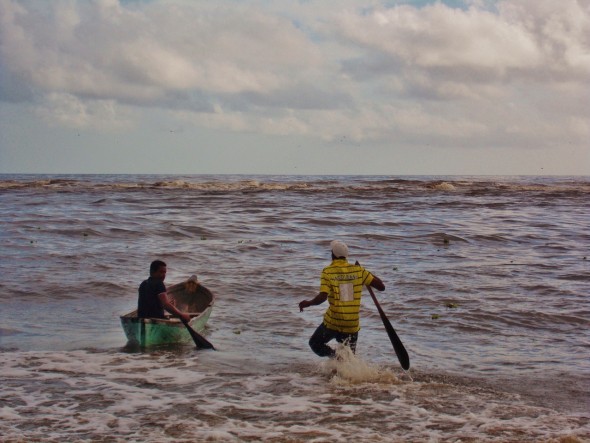

Jellyfish is likened to “really tough cucumber” or “cartilage” but popular in parts of Asia, where it’s usually sliced thinly, marinated and served cold in salads. It is high in potassium and copper and a good source of selenium and iron, though low in protein. Given the problems with worldwide fisheries, the taste for jellyfish may have to grow worldwide.
Climate change is expected to actually help jellyfish (they prefer warm oceans), and then they in turn could speed climate change, because carbon dioxide-producing bacteria love their excrement. Jellyfish need less oxygen than other sea life, so they aren’t bothered by waters choked by contaminants and algae. Unlike oysters or snails, jellyfish aren’t affected by increasing oceans acidification, since they don’t have shells.
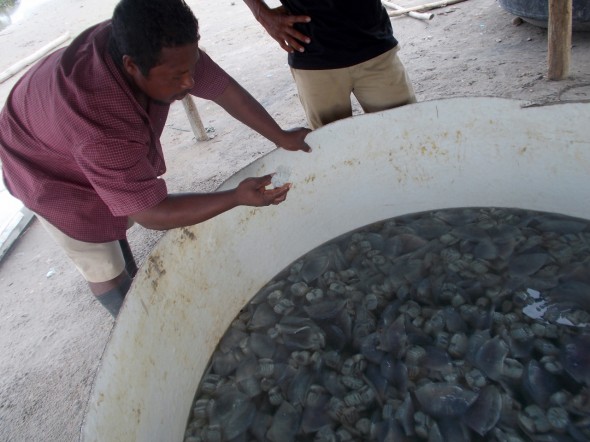








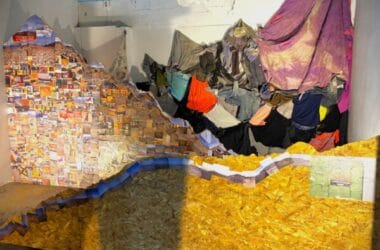





Pingback: Miskitu Portrait: Lobster and Life on Laguna Caratasca | WilderUtopia.com
Pingback: Blessing for La Moskitia, A Culture and Land in Transition | WilderUtopia.com
Good afternoon:
my name is Raul Malo
We are interested in buying large quantities of containers
jellyfish or jellyfish (Stomolophus meleagris)
work for a company with offices in Canada and China
Medusa bought in different countries
if they could help me I will thank
I await your response and thank you very much in advance for your time
Raul Malo
mail: pepinodemar@live.com.mx
tel: 664 4375965
skipe: raulmalosr
http://pepinodema8.wix.com/rmg#!photos